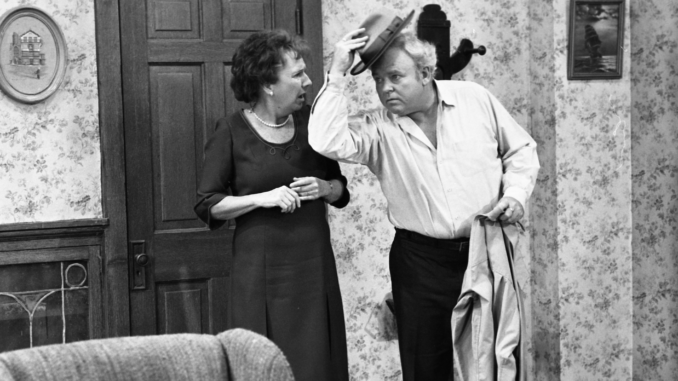
The world of television has dimmed with the passing of Norman Lear, a true giant in the industry. As a creator of iconic shows that shaped American culture, Lear’s influence is immeasurable. In a heartfelt tribute, actor and director Rob Reiner, who starred in Lear’s groundbreaking series All in the Family, shared his reflections on the man he called a “real champion of America.” Let’s explore Reiner’s memories of Lear, the impact of Lear’s work, and the legacy he leaves behind.
Who Was Norman Lear?
A Brief Biography
Norman Lear was born on July 27, 1922, in New Haven, Connecticut. He grew up during the Great Depression, which shaped his worldview and later influenced his storytelling. After serving in the U.S. Army during World War II, Lear ventured into the entertainment industry, where he would eventually revolutionize television.
Pioneering Television
Lear created some of the most beloved sitcoms in American history, including All in the Family, The Jeffersons, and Maude. His shows tackled social issues head-on, addressing topics like race, gender, and class with humor and honesty.
Rob Reiner’s Connection to Norman Lear
A Star in Lear’s Universe
Rob Reiner, known for his role as Mike Stivic in All in the Family, became a household name thanks to Lear’s vision. Reiner’s character often represented the younger, more liberal generation, providing a counterpoint to Archie Bunker’s conservative views.
A Lasting Friendship
Beyond their professional relationship, Reiner and Lear shared a deep friendship. Reiner often credits Lear with shaping his career and influencing his views on social issues. Their bond exemplified the power of collaboration in the entertainment industry.
Reiner’s Tribute to Lear
A Champion of America
In his tribute, Reiner emphasized Lear’s role as a champion for social justice. He described Lear as someone who used his platform to advocate for change, making him not just a television pioneer but a true American hero.
Impact on Society
Reiner highlighted how Lear’s work transcended entertainment. By addressing controversial topics, Lear opened the door for discussions that were often avoided. His shows encouraged viewers to confront their biases and consider different perspectives.
The Legacy of Norman Lear
Cultural Impact
Lear’s influence on television is undeniable. His shows broke new ground, paving the way for future generations of creators to explore complex social issues. Lear’s ability to blend humor with serious topics set a standard for storytelling that continues to resonate today.
Inspiring Future Generations
Lear’s legacy extends beyond his own work. He inspired countless writers, producers, and actors to tackle difficult subjects with courage and creativity. His commitment to diversity and representation in media has left a lasting impact on the industry.
The Importance of Humor in Lear’s Work
Laughter as a Tool for Change
One of Lear’s greatest strengths was his ability to use humor to address serious issues. By making audiences laugh, he created a safe space for them to engage with difficult topics. This approach not only entertained but also educated viewers.
Creating Relatable Characters
Lear’s characters were often flawed, relatable, and deeply human. They reflected the complexities of real life, allowing audiences to see themselves in the stories. This relatability helped bridge gaps between different generations and cultures.
Reflections on Lear’s Influence
A Voice for the Voiceless
Lear’s work often gave a voice to those who felt marginalized. By showcasing diverse perspectives, he challenged stereotypes and encouraged empathy. His commitment to social justice made him a powerful advocate for change.
A Lasting Legacy
As we remember Norman Lear, it’s essential to recognize the legacy he leaves behind. His contributions to television and society will continue to inspire future generations. Lear’s work reminds us of the power of storytelling to effect change and foster understanding.
Conclusion: Celebrating a Legend
Norman Lear’s passing marks the end of an era, but his impact will never be forgotten. As Rob Reiner poignantly stated, we’ve lost “a real champion of America.” Lear’s ability to blend humor with social commentary has left an indelible
